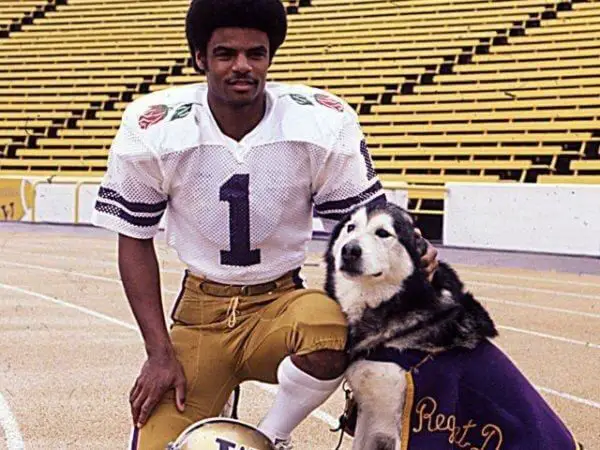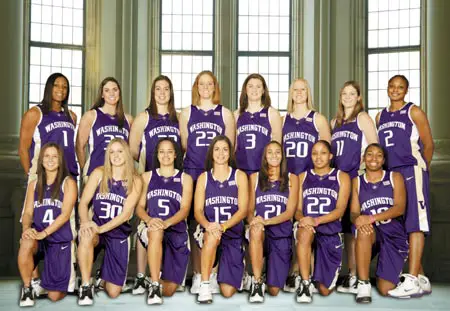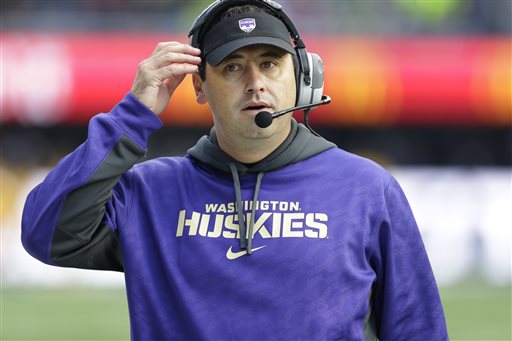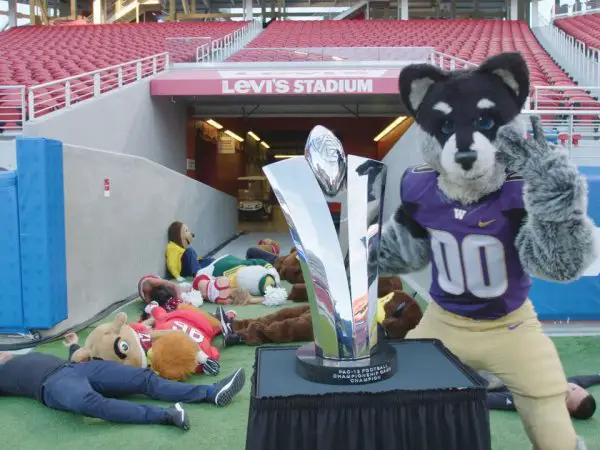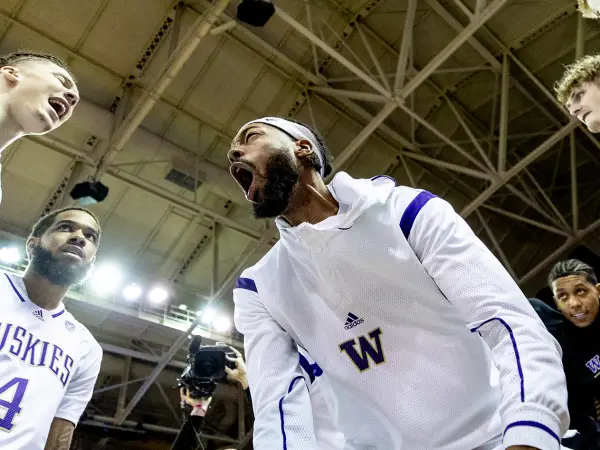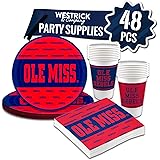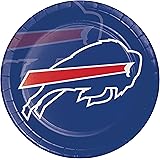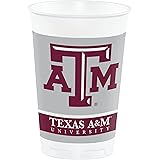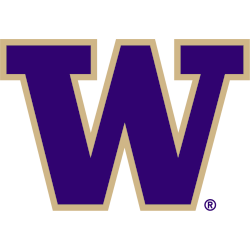
College Sports Established
1915
Location
Seattle, Washington
College Name
University of Washington
Collegiate History
1973 - Present / NCAA Division 1
1915 - 1973 / University Division of the NCAA
Conference History
2024 - Present / Big 10 Conference
2010 - 2024 / PAC 12 Conference
1978 – 2010 / Pacific 10
1964 – 1978 / Pacific 8
1959 – 1964 / Athletic Association of Western Universities
1915 – 1959 / Pacific Coast Conference
Nickname
Huskies - The Washington Huskies are among the nation's most iconic college football teams. With their long history of success and passionate fan base, it's no surprise that they have a unique nickname to match. But what is the origin story behind this beloved moniker? Let’s take a look at how “Huskies” came to be!
It all started in 1923 when former University of Washington President Henry Suzzallo chose “Sun Dodgers” as an unofficial mascot for his school. The name was meant to pay homage to Seattle's sunny climate, but students didn't embrace it and began using other nicknames like "Vikings" instead. In 1925, UW student newspaper editor George Wilson suggested changing the mascot from Sun Dodgers to something more fitting—like Huskies—which had been used by sports teams throughout Alaska since 1910 (the state became part of America just 15 years prior). After some debate amongst students and faculty members alike, Suzzallo officially adopted "Huskies" as UW's official mascot on November 1st, 1926 - making them one of only two major universities with such an animal-based nickname (Syracuse Orange).
From there on out, husky imagery has become synonymous with University spirit - from t-shirts and hats worn by fans during games or tailgates; banners hung up around campus, and even murals painted across buildings dedicated solely to celebrating our four-legged friends! And while we may never know precisely why this particular breed was chosen over others like Bulldogs or Bears - it's a safe bet that its popularity will continue far into future generations too!
NCAA Championships
Baseball 0
Men's Basketball 0
Women's Basketball 0
Football 4
1991, 1990, 1984, 1960
Soccer 0
- 1977
- 1991
- 2005
- 2009
- 2016
- 2019
-
Huskies Rose Bowl Win – Warren Moon
Moon attended two-year West Los Angeles College and was a record-setting quarterback as a freshman in 1974, but only a handful of four-year colleges showed interest in signing him. Offensive coordinator Dick Scesniak of the University of Washington in Seattle, however, was eager to sign the rifle-armed Moon. Adamant that he played quarterback, Moon considered himself to be perhaps a ... -
1991 Huskies Football National Champs
The 1991 Washington Huskies football team represented the University of Washington in the 1991 NCAA Division I-A football season. Head coach Don James, in his 17th season at Washington, was assisted by coordinators Keith Gilbertson (offense) and Jim Lambright (defense), both head coaches themselves within two years. The 1991 team was arguably the finest team in school history and split ... -
Washington women’s basketball team reaches the Elite Eight
In 2005: The Washington women’s basketball team reaches the Elite Eight for the first time, losing to Connecticut 98-92 in overtime in the regional final -
Washington football team hires Steve Sarkisian as head coach
In 2009: The Washington football team hires Steve Sarkisian as head coach, ending a decade of mediocrity and beginning a resurgence of the program. -
Washington football team wins its first Pac-12 championship
In 2016: The Washington football team wins its first Pac-12 championship and first appears in the College Football Playoff, losing to Alabama 24-7 in the Peach Bowl semifinal. -
Washington men’s basketball team wins Pac-12 tournament title
In 2019: The Washington men’s basketball team wins its first Pac-12 tournament title, and makes its first appearance in the NCAA tournament since 2011.
To qualify as the greatest player for this team, the player must have played one season for this team. If not, we will remove the player.
* verifies that player has played for this team as an added player by a fan.
History of the Huskies
In terms of championships won The Washington Huskies have taken home 16 conference titles and 11 national championships across all sports. In addition to these impressive accolades, they boast numerous individual awards, such as Heisman Trophy winners Steve Emtman (1991) and Jake Locker (2010). They also hold records for most wins by any university during two seasons: 2003-2004 with 35 victories; 2009-2010 with 37 victories; 2013-2014 with 38 victories; 2017-2018 season with 41 total wins!
On top of these accomplishments on the field or court, The University Of Washington has produced some fantastic alumni who became leaders nationally and internationally, including former US presidents Jimmy Carter & Gerald Ford and Nobel Prize Winners Paul Gluzman & George Hitchings. These figures speak volumes about what it means to be part of this prestigious institution’s athletic program, which continues today under head coach Chris Petersen who led them into the Pac-12 Championships three times since 2014!
So whether you're looking for an incredible story about collegiate athletics or want bragging rights among your friends when talking about college sports teams – look no further than The University Of Washington's proud legacy embodied by its beloved mascot, “Harry” - Go Dawgs!!

